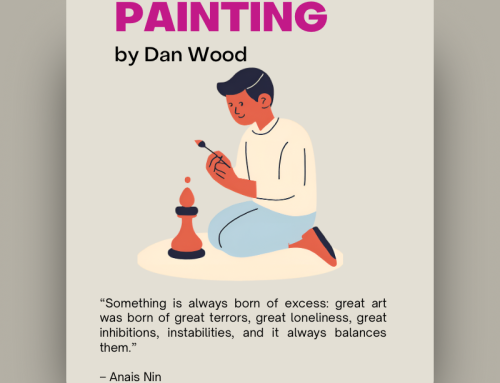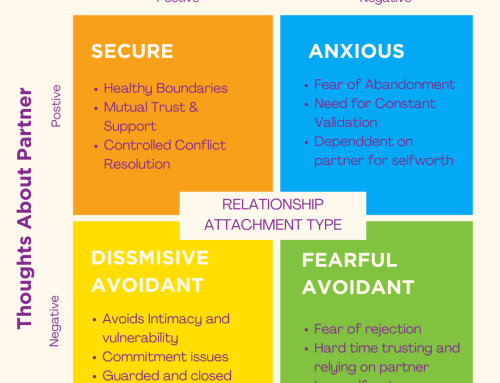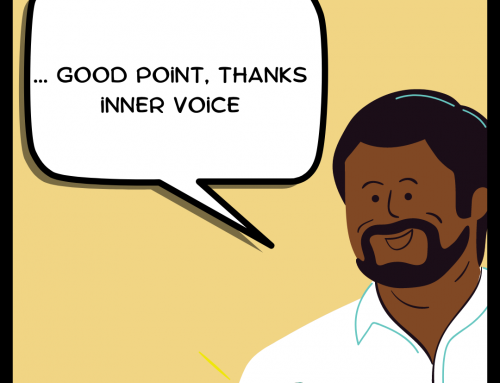Do I have to see a GP to get therapy?
One day it hits you, whether it’s your relationship, work, friendship, money or everything – you don’t want to get out of bed. You don’t want to work. You want to hide.
There’s a point in everyone’s life when you feel sad – you’re not okay. But not everyone wants to go to their GP as advised to get help, so other than that, what else can help?
For a start, it’s a myth that you need a GP referral to see a therapist – all you need to do is consent if you’re over 18 or gain consent from a parent or guardian if you are under 18. Your mental health support through your GP will likely be an external charity and be funded for a set amount of sessions (usually six to twelve). If you contact a mental charity directly, you can access funded therapy (when available and as per funding) and private sessions for as long as you need.
And seeing a therapist has changed – you can talk on the phone or through a video call if you don’t want to meet up. Imagine going for a walk with your earphones on talking to your therapist – no one will know.
Know one thing – doing anything to acknowledge this is brave and will instantly feel better. Why? Because you start feeling in control again, that feels like a good start.
In addition to seeing a therapist, many people can help you with individual problems.
Cost of living and mental health
The rising cost of living is causing mental health to deteriorate – even with middle-income earners. Money is a big worry, and many people struggled through the winter only to face price rises in April. It’s such a concern that the government is commissioning studies into the impact.
But what can you do if money worries are getting too much?
Any financial adviser will tell you that taking control and writing down your finances is a huge first step. Try answering these questions:
- How much money comes in? This is usually summarised on your bank statement.
- How much money goes out?
- What are the priorities for bills (rent/mortgage/gas/electricity)?
- What subscription services and extras do I have?
- What debt do I have?
Once you have all this information, call the Citizens Advice Bureau to book an appointment. They can help you to negotiate with banks when you can’t pay the debt back, help you to access government help, and help you to develop good money habits. Do not be embarrassed – people hide a lot – even those that look wealthy can often have debt.
Relationship and domestic abuse
The cost of living crisis has also meant that some people cannot leave an abusive partner due to money. No matter how hard it is, staying with an abusive partner is never okay.
It can be difficult to exit an abusive relationship, as you need to feel confident that you have somewhere else to go. Victim Support and Women’s Aid will try to help you. They have qualified call handlers that will listen to you and provide advice.
And if you’re recovering from a previous abusive relationship, it can help to access therapy to understand what happened and how to move forward positively. At the AoC, we have dedicated relationship counsellors that can work with you.
Need some support? Contact the AoC on 01384 211168 or email support@theaoc.org.uk for more information.





